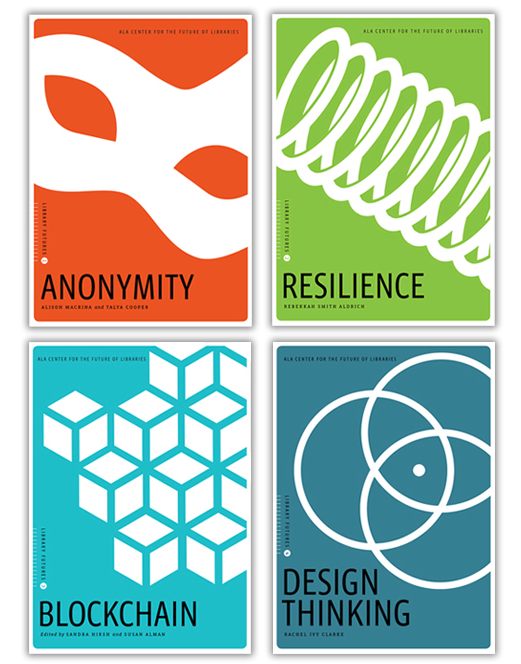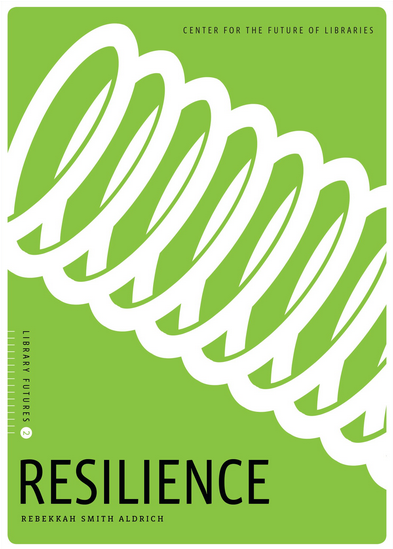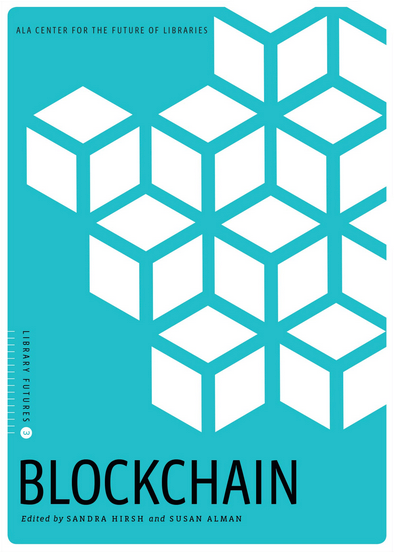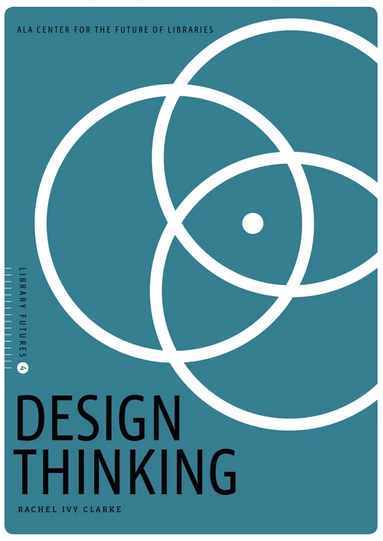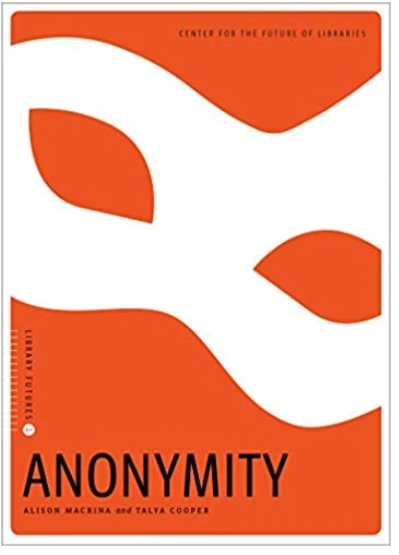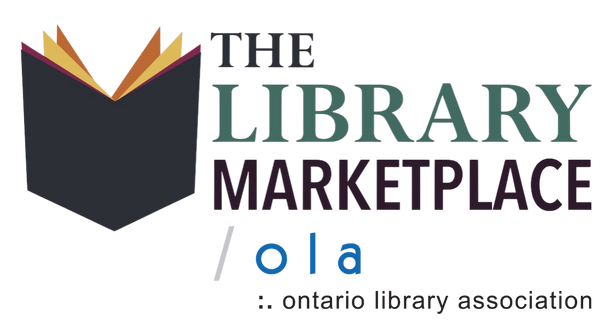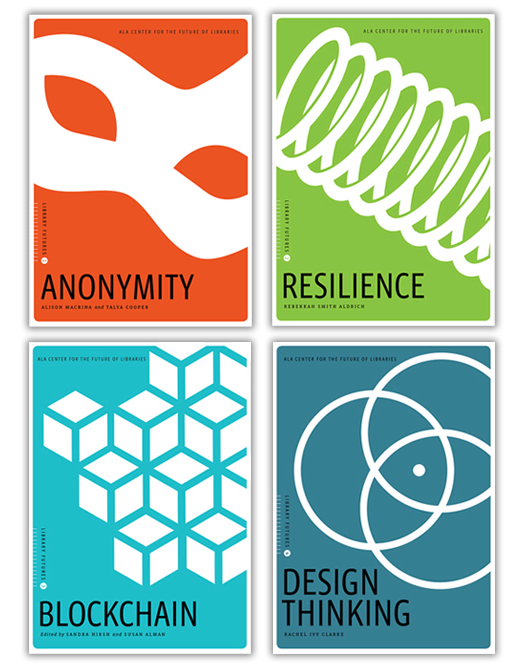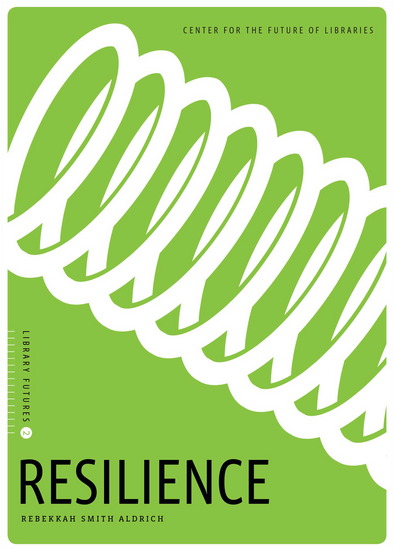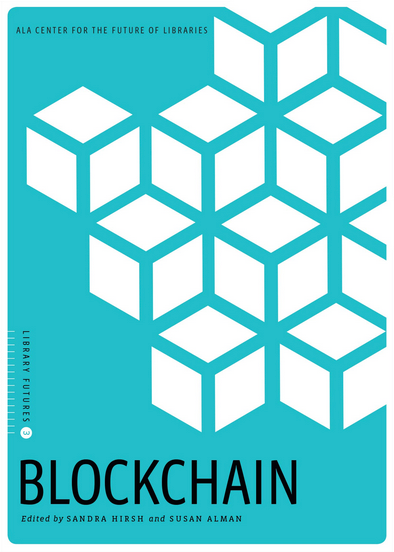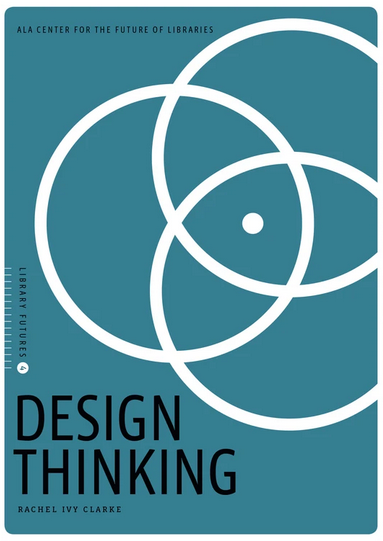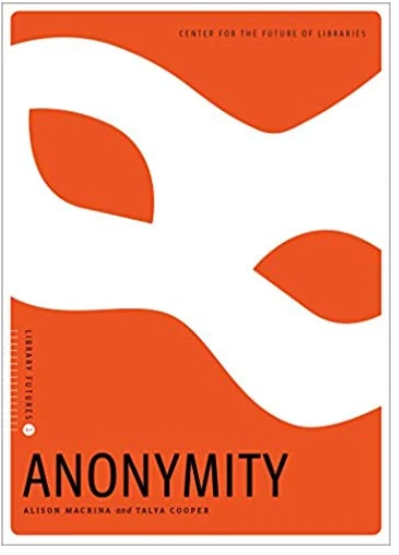ALA Neal-Schuman
Library Futures Series Bundle
Library Futures Series Bundle
Couldn't load pickup availability
Save 30% when you buy all four volumes as a bundle! Get up to speed on the library of tomorrow—today.
With the Library Futures Series bundle, you’ll get a concise overview of four trends identified by The Center for the Future of Libraries as important to libraries and librarianship. Taken together, these books will quickly help you understand how these trends are developing and why they matter.
Anonymity (Library Futures Series, Book 1)
In the virtual realm, anonymity means that such bedrock values of librarianship as privacy, free speech, and intellectual freedom coexist uneasily with the proliferation of fake news, sexist and racist sentiments, and repugnant ideologies. As trusted guardians of knowledge, libraries and librarians can fill a growing need for reputable information and open dialog.
View Product Page >>
Resilience (Library Futures Series, Book 2)
Resilience focuses on emerging trends in the profession, provoking discussion on how to shape the future by sharing ideas and exploring joint solutions to the challenges facing libraries and society. Resilience (or resiliency) incorporates preparations for and rapid recovery from physical, social, and economic disruptions, including environmental disasters, terrorist attacks, or economic collapse. As city, state, and the federal governments adopt resiliency as a strategy for addressing potential disasters, libraries may need to align their facilities, services, and programs to demonstrate a resilient strategy.
View Product Page >>
Blockchain (Library Futures Series, Book 3)
This book examines blockchain technology, a concept with far-reaching implications for the future of the information professions. Blockchain uses a distributed database (multiple devices not connected to a common processor) that organizes data into records (blocks) that have cryptographic validation. In this book, editors Hirsh and Alman offer a primer of what librarians and information professionals need to understand about blockchain technology.
View Product Page >>
Design Thinking (Library Futures Series, Book 4)
The Library Futures Series continues with this primer on design thinking, broadly defined as an approach to problem solving which prioritizes empathy with and deeper understandings of users to define a problem; actively engages in prototyping to develop solutions; and iterates solutions through implementation and resulting modification. Clarke, a researcher whose work has systematically examined the capacity of design thinking to revolutionize LIS education and the exploration of diverse library reading materials, guides readers through this trend.
View Product Page >>
Share
